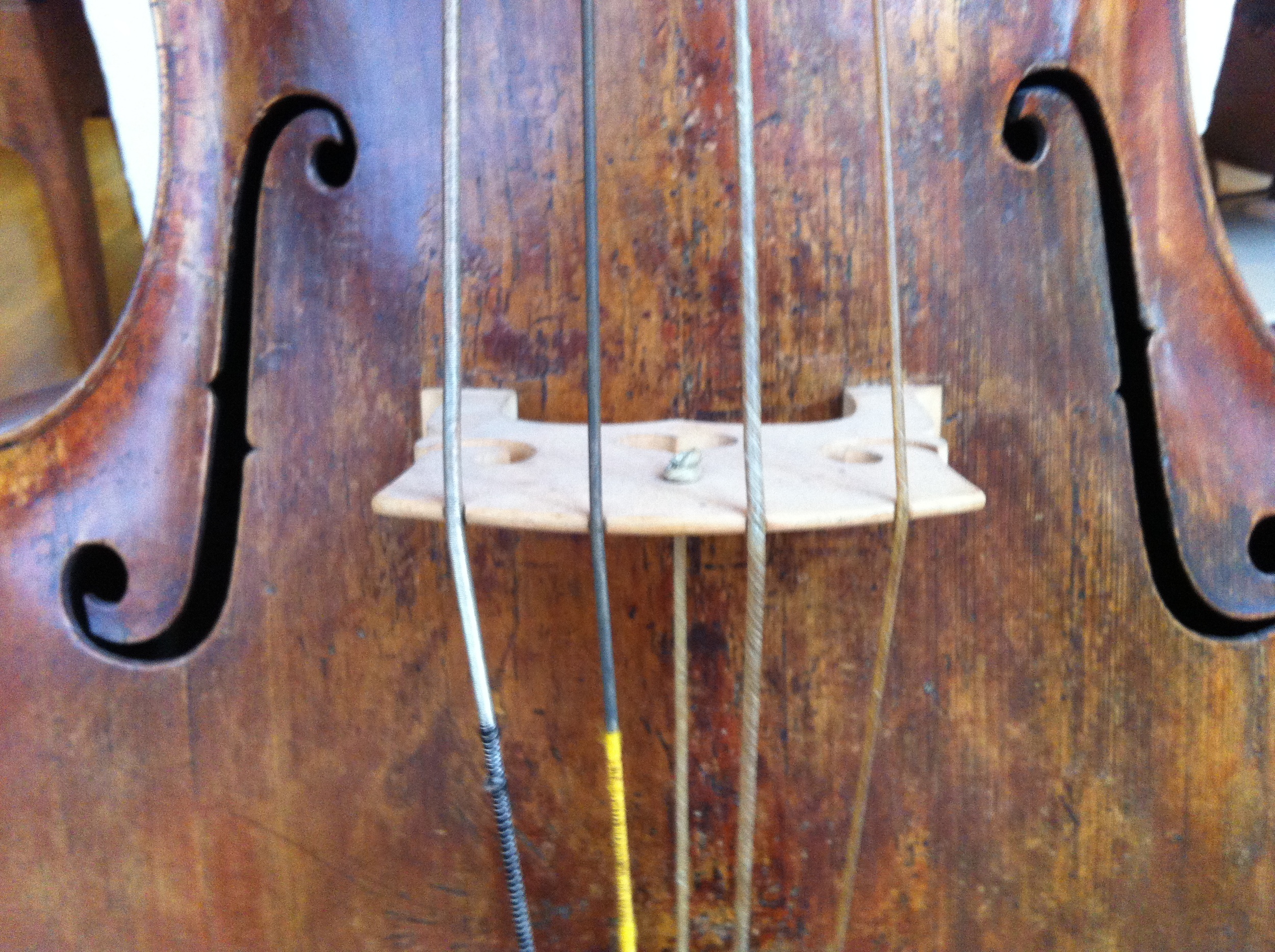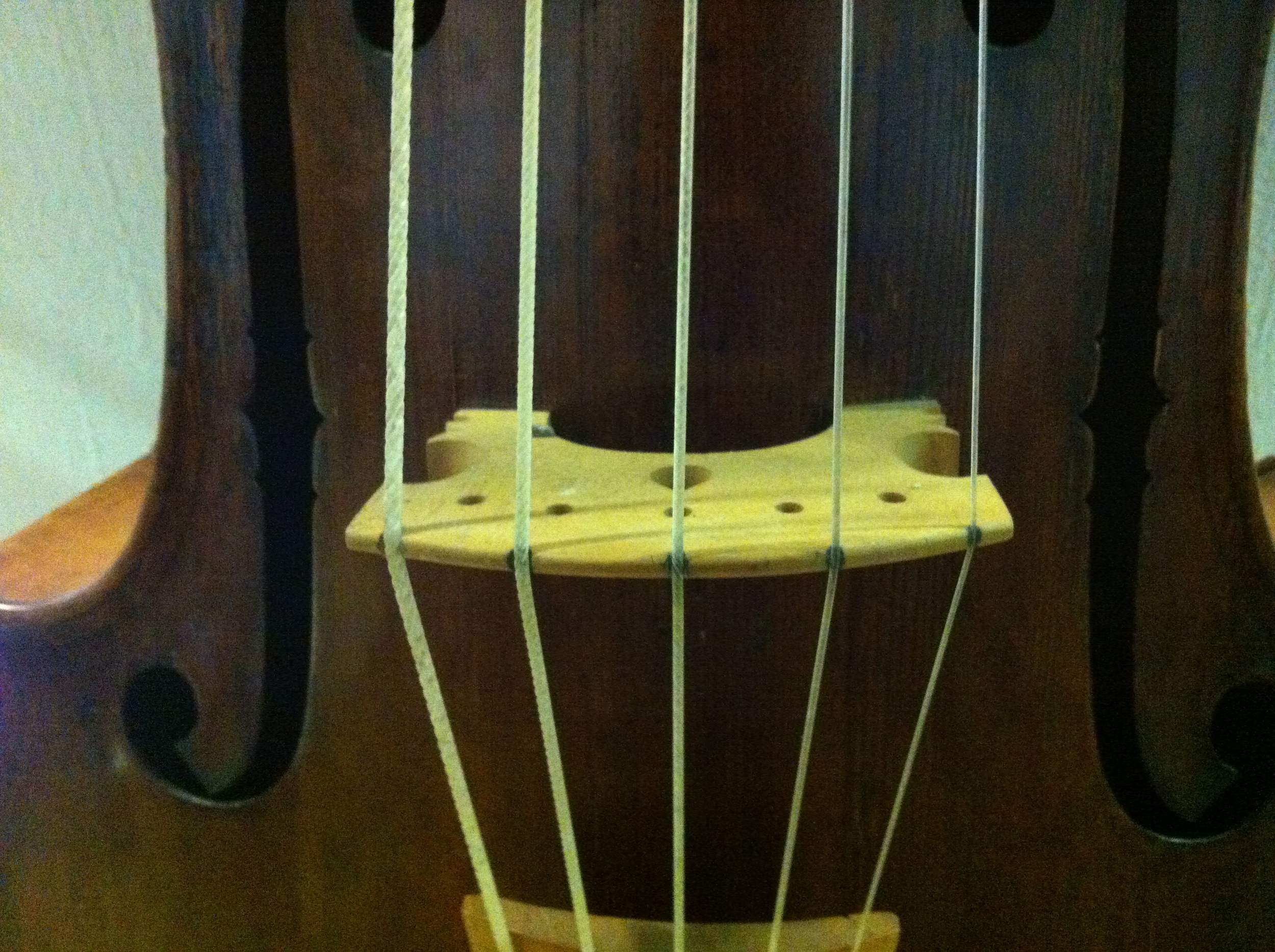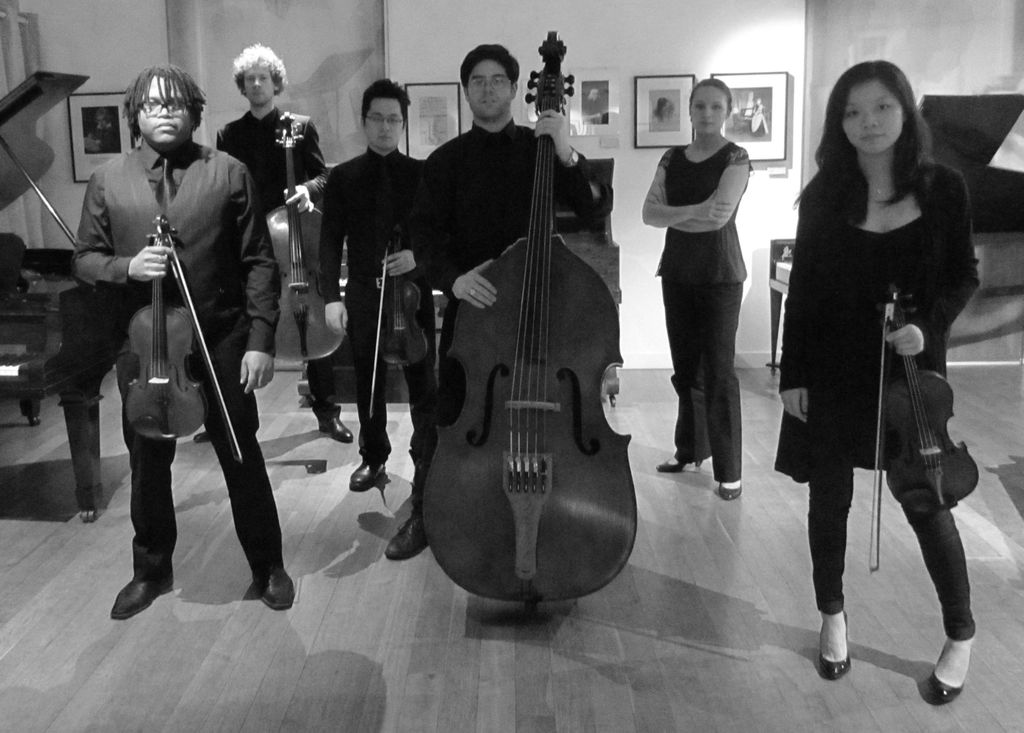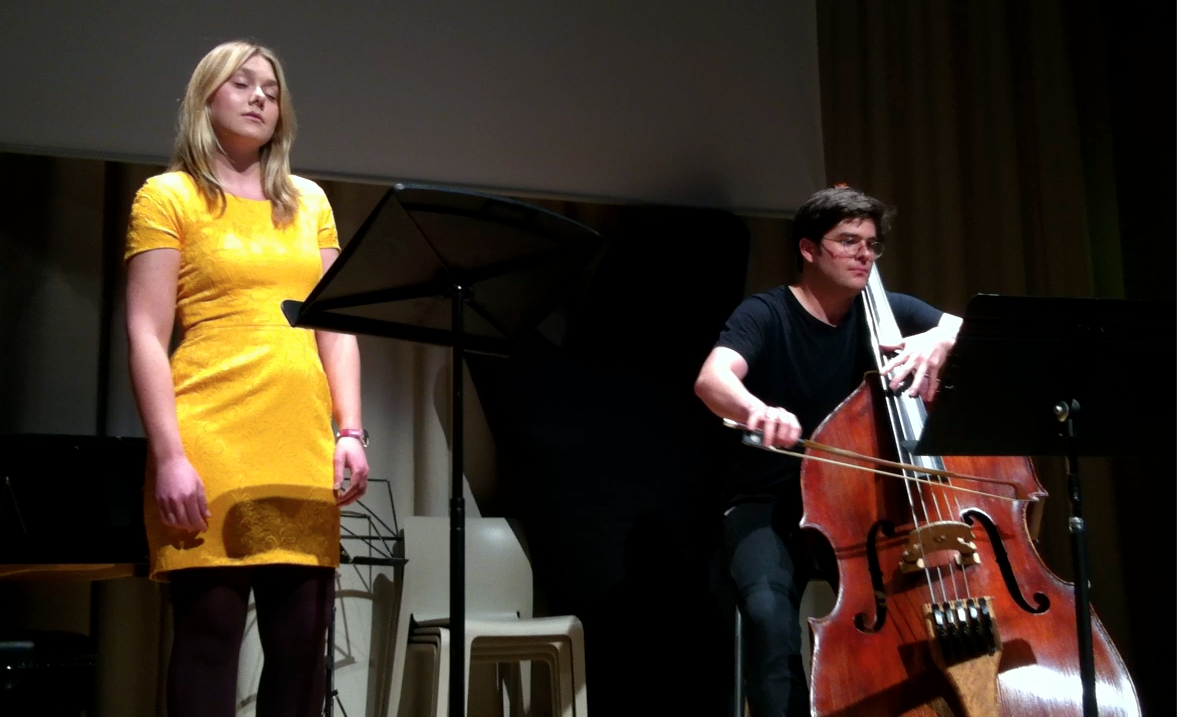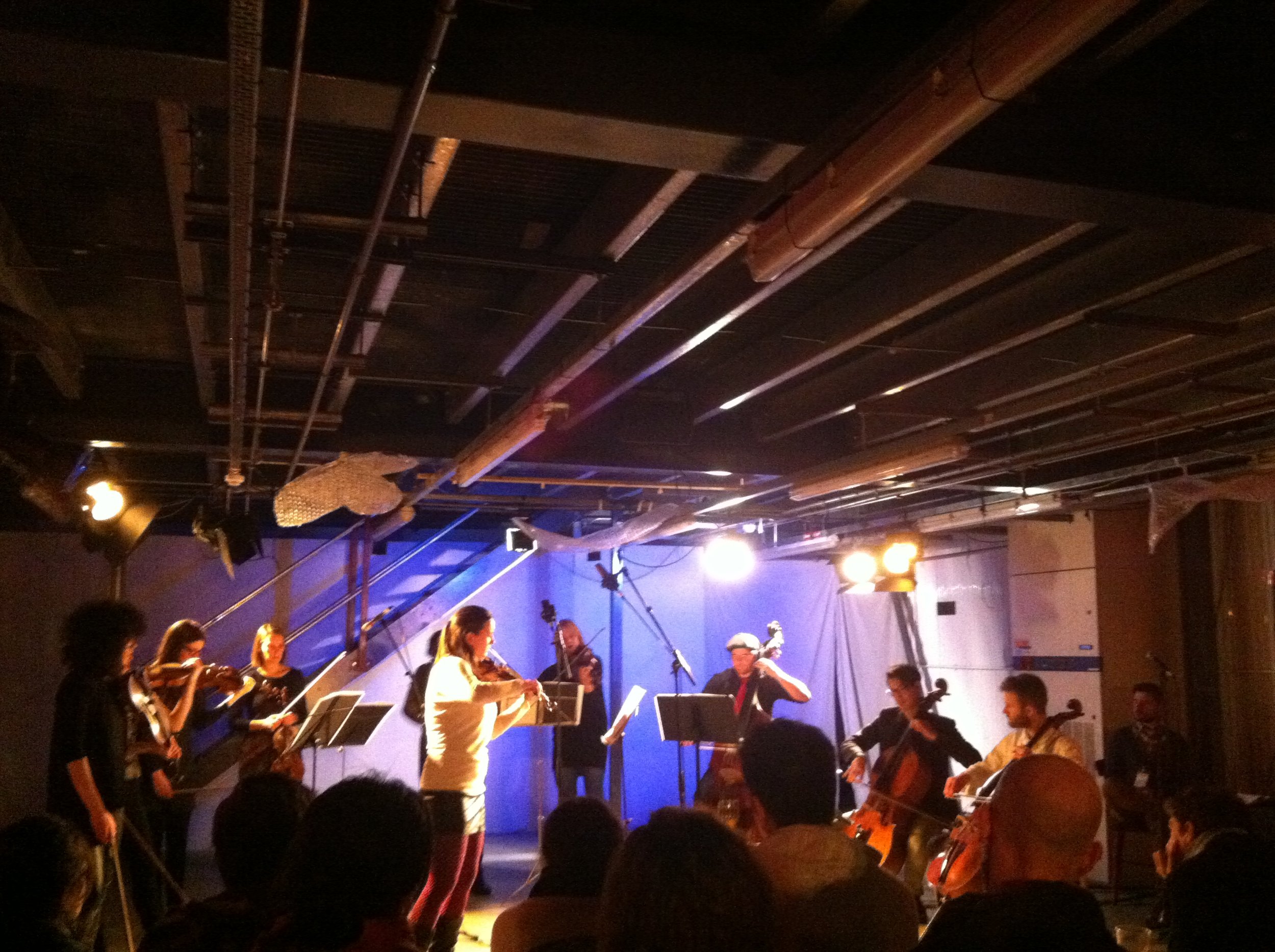






carter callison
carter callison
“
Music expresses that which cannot be said and on which it is impossible to be silent.
”
- Victor Hugo

About
About
Biography
Carter Callison has enjoyed a varied career that has spanned several different music mediums. A native of Asheville, North Carolina, he began studying music at a young age and developed a passion for composing and playing the double bass. He is currently an Instructor at the University of South Carolina Upstate where he teaches music theory, aural skills, music technology, group piano, and music appreciation classes.
As a composer, he is constantly producing practice-based research in the form of original compositions. Ensembles that have performed his works include the BBC Singers, Ensemble Erasme, the Manson Ensemble, Spitalfields Winter & Summer Festivals, the Bristol School of Animation as well as collaborations with Vanderbilt and Roehampton University. Recent projects include recording his bass concerto 'Laniakea' and Clarinet Concerto 'Lucid Dreaming' at La Verrerie and the Conservatoire à Rayonnement Régional de Paris (CRR de Paris) in France.
In addition to his composing endeavors, he has enjoyed performing double bass throughout Europe and America and is proficient playing in styles from the baroque to the avant-garde. Highlights include chamber music engagements with the London Symphony Orchestra Sound Hub and the Pythagoras Ensemble in England and Germany.
His teaching background has been shaped by a number of different elements over the past decade. As the Manson Composition Fellow at the Royal Academy of Music (2012-14), Carter coached, conducted and recorded ensembles for undergrad and graduate students, as well as organized concerts, performances and exams. He also worked as a double bass teacher deputy at the Royal College of Music JD (2007-8) where he taught individual and group lessons. While studying composition at the Royal Academy of Music (MMus 2012, PhD 2017), he successfully completed his Licentiate of the RAM teaching certification (LRAM), which instilled a solid foundational knowledge of the principles of teaching.
In addition to composing, performing and teaching, Carter is an active audio producer/editor and has recorded numerous ensembles. His use of MIDI and audio sampling libraries, such as the Vienna Symphonic Cube, has become a creative medium that he frequently uses in his composition process. He is familiar with the latest DAW applications and is a proponent of the synthesis of modern music and technology.
As a researcher, Carter has dedicated much of his time to studying scordatura and its affects on composition and performance practice. His research has not only resulted in the creation of new composition techniques inspired from using scordatura, but led to the invention of scordatura pedals, which change the tuning of a string instrument while performing. A prototype scordatura pedal was made after raising $8,030 through a Kickstarter campaign. The invention was subsequently featured in the Febuary 2014 issue of The Strad magazine.
Carter holds degrees from the Royal Academy of Music (MMus 2012, PhD 2017), Manhattan School of Music (B.M. Composition and Double Bass, 2009) and the University of North Carolina School of the Arts (High School Diploma, Double Bass 2005).

Works
Works
Academic Writings
Explorations of Scordatura in Composition: Methods, Techniques & Inventions (PhD Dissertation)
- An Instrument Divided (Masters Thesis)
Media
- Article about my invention in TheStrad - http://www.thestrad.com/scordatura-pedals
- Review by Curtis Rodgers - http://www.classicalsource.com/portrait-of-venice
- Spitalfields Festival Commission "Dream Weavers"- https://spitalfieldsmusic.wordpress.com
Compositions
*(Buy scores here)
- Little Book of Musings – for Soprano and Chamber Ensemble. 2016.
- Laniakea - Concerto for Double Bass and Orchestra. 2014-15.
- Lucid Dreaming - Concerto for Clarinet and Orchestra. 2013.
- Apparitions - for Five String Solo Double Bass. 2013.
- The Death of Perception - for Orchestra. 2012.
- To Be Quiet – for Mixed Choir. 2011.
- Spheres of Reverberation – for Brass Ensemble. 2013.
- Self Portrait – for 2 Flutes, Oboe, Clarinet, Bass Clarinet and Bassoon. 2012.
- The Fame of Fasting Longer – for Flute Quartet. 2012.
- Almost Spring – for Chamber Orchestra. 2012.
- Prelude and Disintegration – for Accordion and E flat Clarinet. 2011-12.
- On Harmony – for Solo Guitar. 2009.
- Mozart Cadenzas for Piano Concerto No. 20. 2011-12.
- Illusions – Sonata for Cello and Piano. 2012.
- Piano Fantasy Homage Schumann. 2012-13.
- Dream Weavers – for Solo Piano. 2011.
Transcriptions
- Claud Debussy, Syrinx, transcribed for double bass and piano by Frank Carter Callison. 2013.
- Anton Webern, Violin Sonata, Op. 7, transcribed for bass and piano by Frank Carter Callison. 2013.

Performance
Performance
Performance
Carter Callison regularly engages in performance endeavours across Europe with equal interest in classical and contemporary repertoire. He is a member of the Pythagoras Ensemble which recently toured Germany with the series Concertos in Miniature. In addition, he has been a substitute with the Orpheus Sinfonia as well as performed modern chamber works at the Camden Forge. Carter recently recorded his own composition Apparitions for solo double bass that utilizes various scordatura tunings.
London Symphony Orchestra Soundhub Showcase at LSO St Luke's. Saturday 28 June 2014.
Telemann (1681-1767) Viola Concerto in G Major, Karin Norlén with The Little Venice Ensemble, St. Martin's-in-the-Fields, 19th November, 2013

Research
Research
Academic Interests
My research interests have primarily stemmed from tunings used on violones and bass instruments from the renaissance through the late classical period. As a result of these investigations, I have implemented various facets of these early tunings in original compositions in order to not only create a more unique harmonic foundation for an instrument, but to implement historical principals that have been abandoned in contemporary performance practice. My curiosity for tuning stemmed from prior performances of classical works in standard fourths-tuning that were originally conceived for Viennese tuning. This interest in historical performance practice and the significant benefits I observed playing these works in their original tuning unintentionally made me question the validity of the modern fourths-tuned bass. As a consequence, I dedicated my master’s research to the study of multiple historic tunings that have gained resurgence in the 21st century. While this research led to several important observations, one recurring insight was that each tuning has different strengths and weaknesses. While I tended to prefer some to others, no tuning materialised that outperformed another in all situations.
At the outset of my PhD research, after developing a proficient insight into the implications of historic tunings from my master’s research, I realised these skills could allow me to create novel works for string instruments that could escape the technical restrictions produced by a standard tuning. My hypothesis was that by using more eclectic scordaturas, I could compose more harmonically adventurous music without jeopardising the playability of a piece. Rather than focus solely on scordatura, I allowed this subject to be the impetus for further exploration based on various discoveries, problems, and observations. This expanded my research focus to include topics affected by scordatura, such as notation, performance practice, tuning range, timbre and approaches to notation, which were examined within a historical context.
Furthermore, an attempt to devise a methodical system to use scordatura in a transcription process led to the development of two new inventions: scordatura pedals and extension pedals, of which the former is patent pending.[1] Both inventions use a mechanical pedal that allows an individual string to be retuned or lengthened. This created a number of additional tuning possibilities. The system allows a player to access all of the open string and harmonics of the two most popular modern bass tunings and triples the number of open strings and natural harmonics on the instrument, which allows for the composition of more novel bass passages.
Beyond the physical execution of scordatura, my research investigated how scordatura can influence composition techniques. This led to the development of a compositions process, which is devoid of any scordatura but is conceptualised from its use. This process modifies harmonic material by transforming various pitches in a work. This process, called periodic interval displacement, is very beneficial for transforming musical material. One of its advantages is that it can be implemented with string and non-string instruments alike. Additionally, periodic interval displacement is not bound by the physical constraints of scordatura, such as the range a string can be raised, and is merely a method for developing harmonic material. From its use, passages can be transformed in various ways and can be applied to any amount of material. Depending on the way it is implemented, certain traits of the original material may still be perceived, but this is solely dependent on the composer’s implementation of the process.
Impact & Research Originality
There have been many discoveries from my research that have contributed to contemporary musical thought. Since much of my work looks to history and reinvents these concepts in a modern context, my research has an impact on current musical trends while still being rooted in historic methodology. Other elements of my work, such as scordatura pedals, have the potential to change double bass pedagogy and significantly enhance the characteristics of the instrument. This can be attested to in recent compositions that highlight the instrument, such as Little Book of Musings (song cycle for soprano and chamber ensemble) and Laniakea (concerto for double bass). The result of this research led to the development of a new composition method, periodic interval displacement (PID), which is novel in its approach as a result of its application to pre-existent music passages (conceptualised from scordatura). While similar in result to other techniques, such as the rotational array method used by composers from Stravinsky to Oliver Knussen,[2] the necessity of having pre-existing music makes periodic interval displacement as much of a transformation method as a composition technique. This has allowed me to incorporate material from other composers into my work in an original way. Notable examples include Palestrina’s motet Accepit Iesus calicem in my bass concerto Laniakea.
Fig. 1: Bars 1-7 of Palestrina’s motet Accepit Iesus calicem [3]
Fig. 2: Bars 158-164 from Laniakea (select instruments)
A notable trait in my current composition output has been to use historic music in this manner (see Fig 1 & 2) in order to reappropriate its intrinsic qualities into a modern context, consequently reinforcing historic musical values while producing compelling contemporary music.
[1] United States Non-Provisional Utility Patent Application Number 14/174,060.
[2] Julian Anderson, ‘Harmonic Practices in Oliver Knussen's Music since 1988: Part I’, Tempo, 3/221 (2002), 2-13.
[3] Palestrina, Pierluigi da, Pierluigi da Palestrina’s Werke, Inhalt 25, Accepit Iesus calicem. (Leipzig: Breitkopf & Härtel, 1882). 123.

Teaching
Teaching
Statement of teaching philosophy.
"When teaching, it is important to create a learning environment that is tangible: when I can sense the accelerated pace of a group discussion or of students’ enjoyment implementing newly acquired terminology. I relish these triumphs and consciously reflect on the actions that created them so I can reconstruct this environment again. My view of teaching is largely informed by the material at hand and from the personal successes and failures that I have had from previous teaching experience.
I believe that student oriented teaching encourages learning that is both focused and enduring. As a teacher, it is my responsibility to know who my students are, the knowledge and skills they bring to a class, and what their educational goals are so that I can tailor my curriculum to meet their objectives, while leaving enough room to accommodate subject matter that emerges from group discussions. By assessing the development of my pupils, with respect to our learning objectives, I can provide the structure they need to create connections between what the already know and what they are striving to understand. I embrace case based and active learning teaching strategies because they encourage intellectual solidarity, argumentation, and problem solving while laying the groundwork for future collaborative practice. It is also important for a teacher to demonstrate passion and curiosity about a given subject in order to impart that energy to their student.
I follow this philosophy throughout various levels of teaching and implement it in different ways, depending on the size and structure of a class. Music technology courses lend themselves well to hands on methods with direct oversight, while larger taught classes, such as theory or orchestration, provide the environment for group interaction and discussion. Even large lectures or private tuition can benefit from these methods by thoughtful engagement with students and an energetic disposition.
Regardless of the specific curriculum of any given class, my goal is to ignite my students with passion and create a learning environment that fosters acute experimentation and a persistent development of skills in the relevant music subject."

